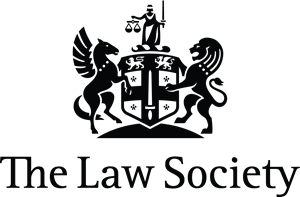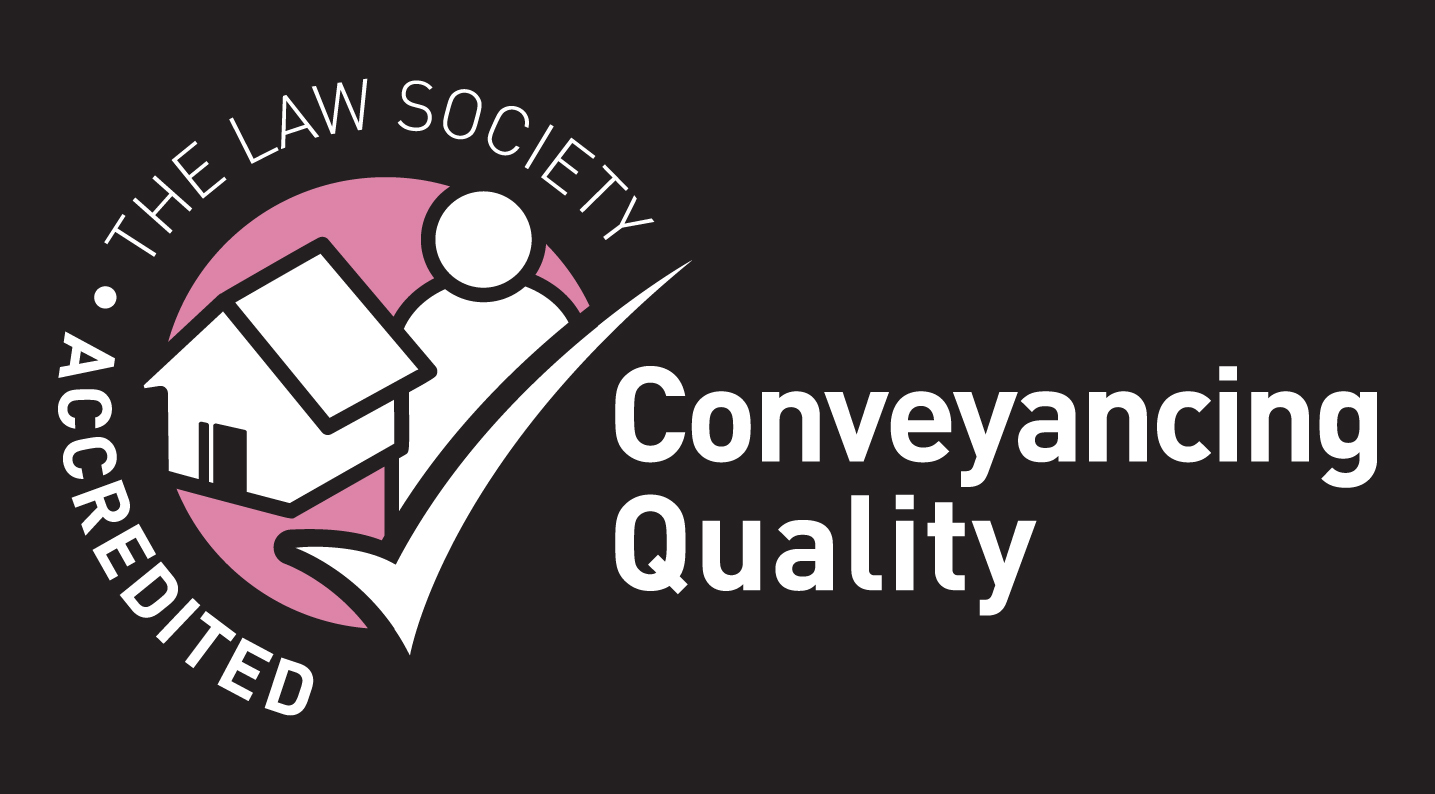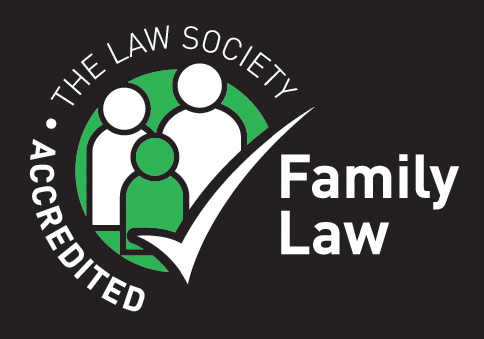In a whistleblowing claim, an employee makes a protected disclosure when they believe or strongly suspect a wrong has occurred in relation to at least one of the following:
While the law does not impose a positive obligation on employers to implement a whistleblowing policy, it is good practice for employers to have one.
When an employee makes a protected disclosure, they are only eligible to bring a claim for whistleblowing if they suffer detrimental treatment or are dismissed because of speaking out. Having a policy that ensures whistle-blowers are treated fairly and lawfully will significantly reduce the risk of them bringing a whistleblowing claim.
As well as a whistleblowing policy, employers should seek to promote an environment where compliance and internal controls are adhered to. This decreases the likelihood of employees whistleblowing as there is no malpractice to speak out on.
Having an effective policy increases employee confidence that any complaints can be dealt with internally. Employees are less likely to air their complaints externally which can attract unwanted media attention and reputational harm to the business.
A claim for constructive dismissal must be made within 3 months less one day from the date of your resignation. The ACAS process must be followed before any claim is submitted.
For example, If you were dismissed on the 2nd of January, you would need to lodge your claim with ACAS before 1st April. We can assist you in filing for ACAS Early conciliation and entering into negotiations with your employer.
The principal objectives of a whistleblowing policy and procedure should be to:
Copyright © 2023 Adam Bernard Solicitors. This Firm is Authorised & Regulated by the Solicitors Regulation Authority SRA NO: 598171, 656730.





